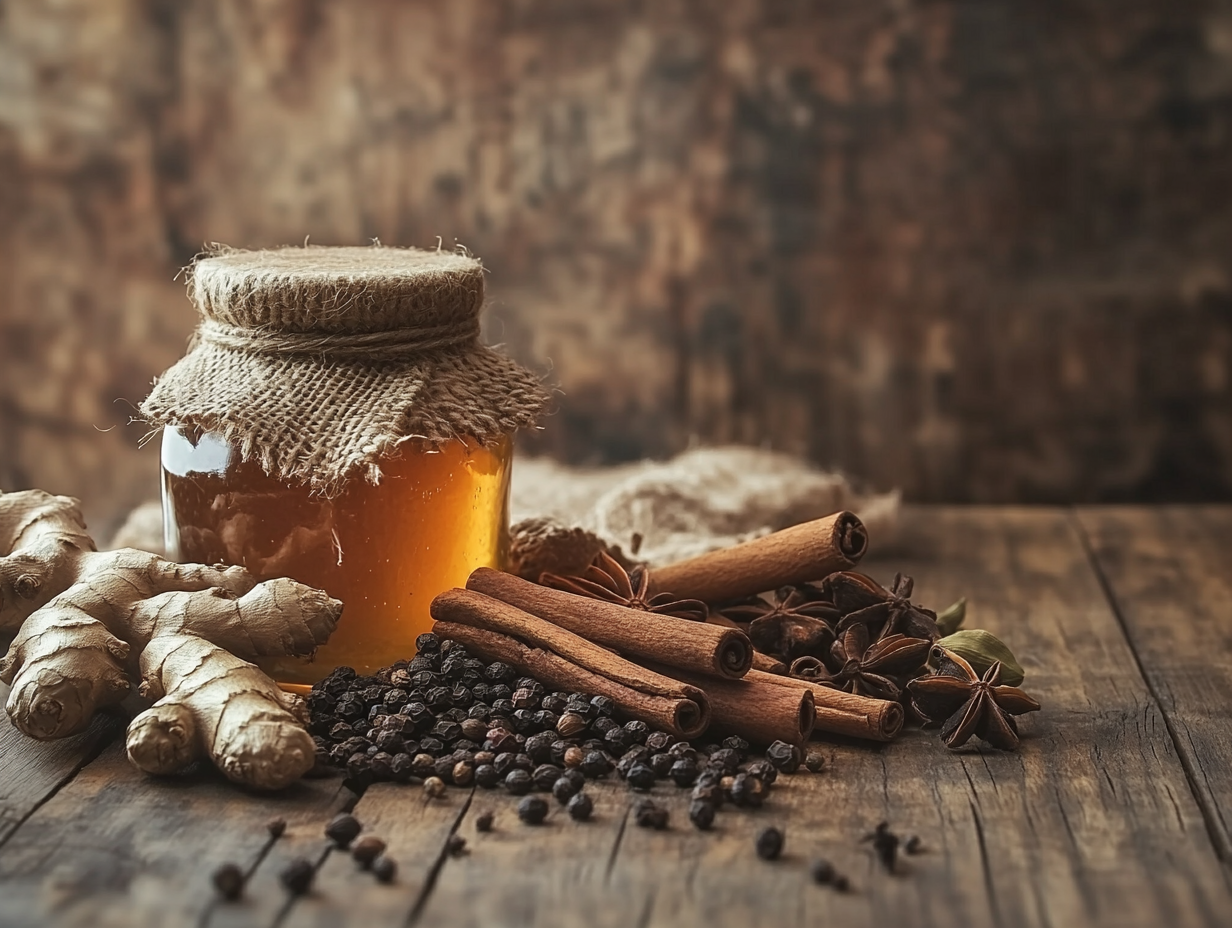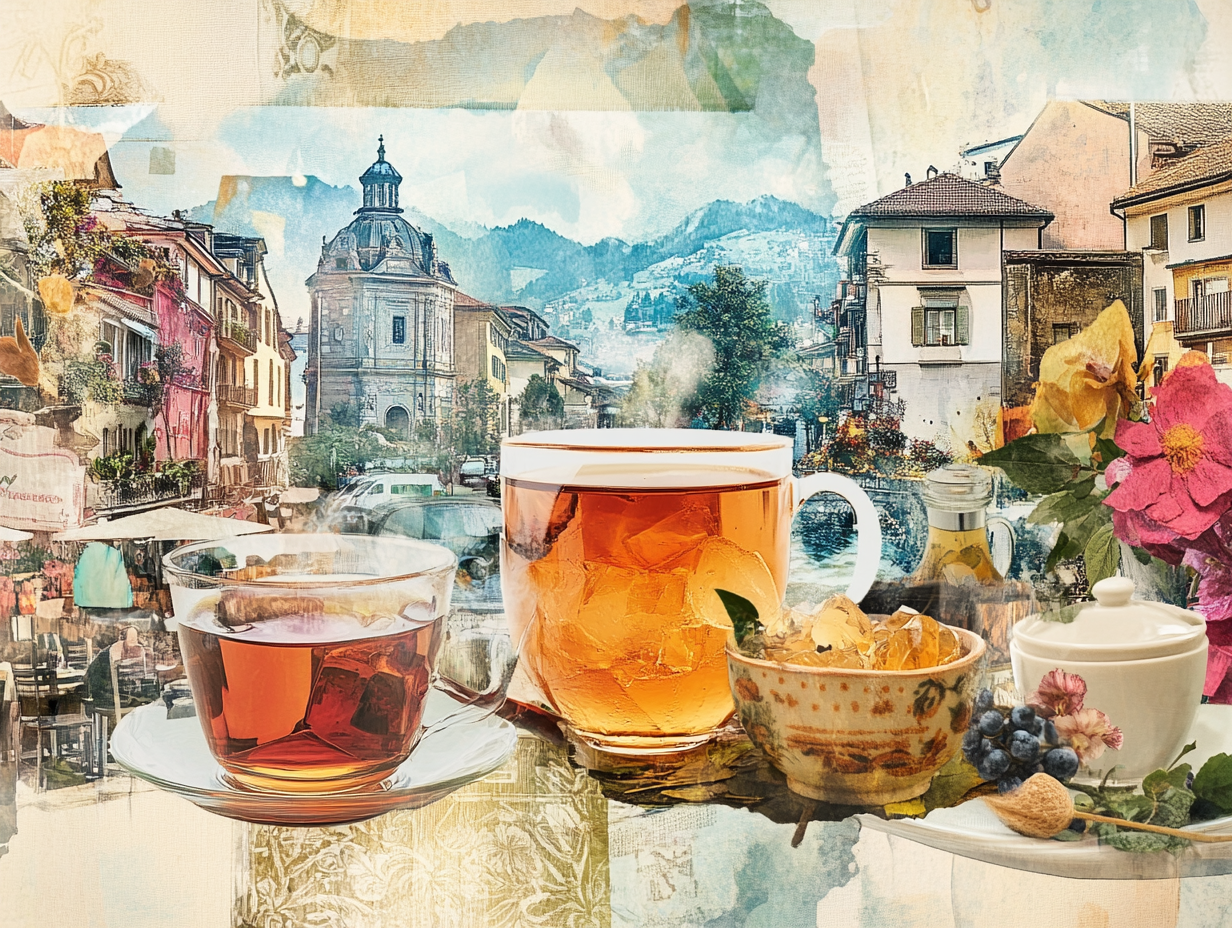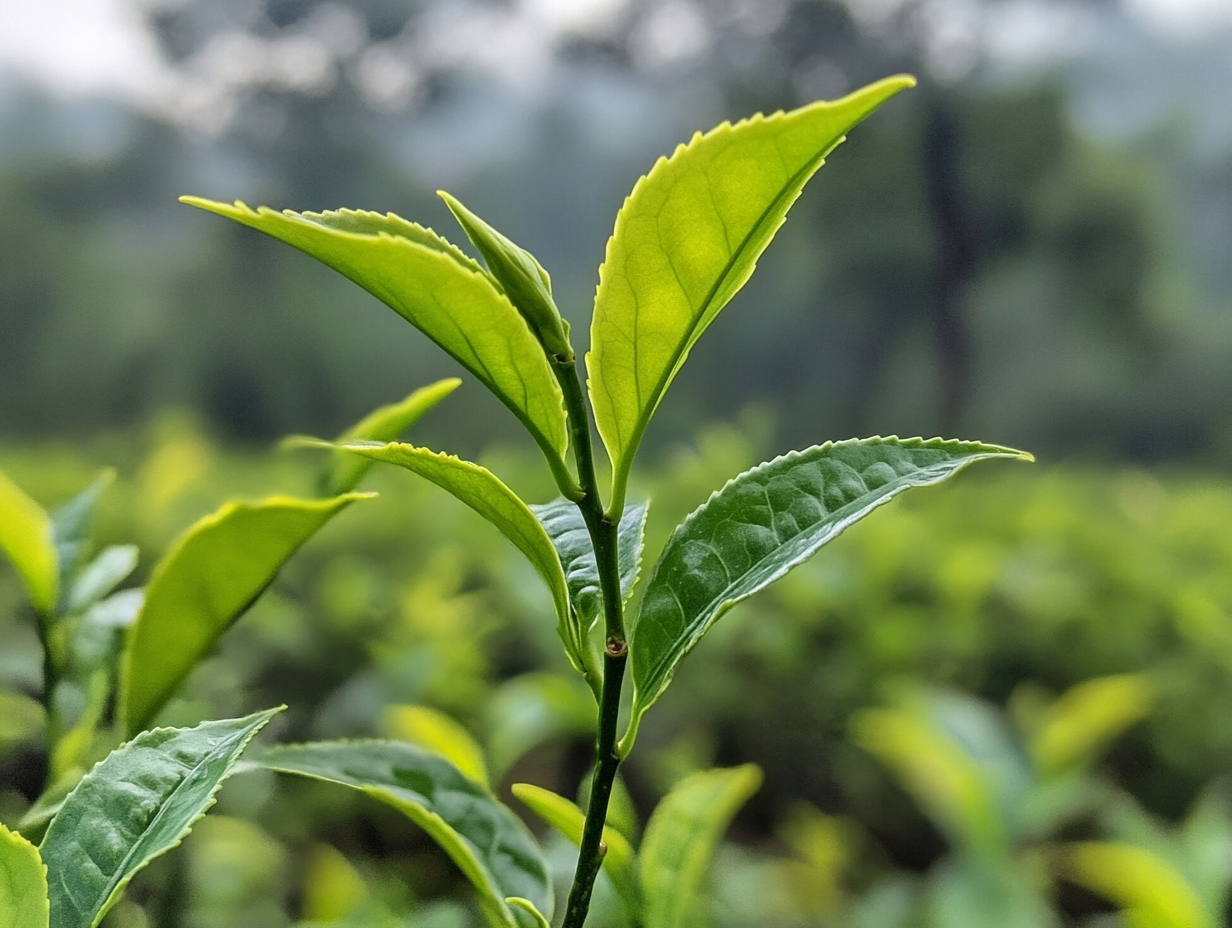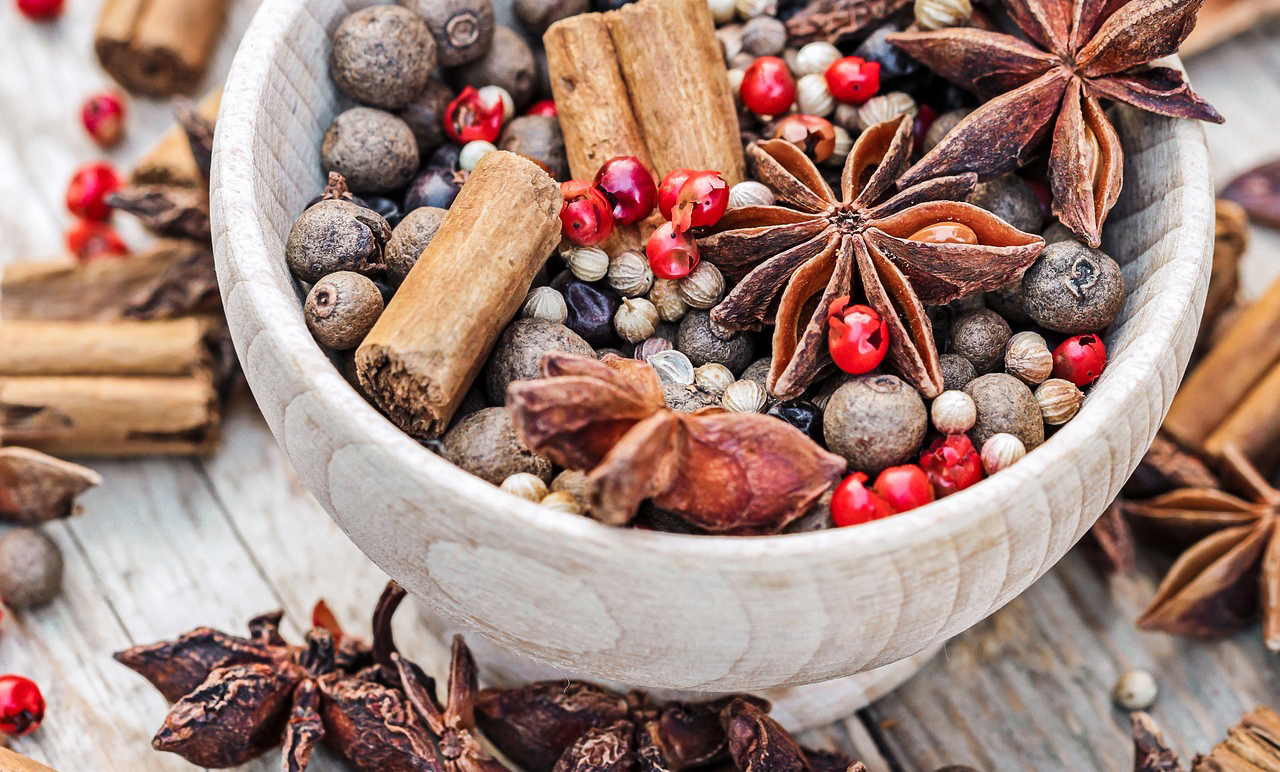Yogi Tea is more than just a soothing beverage; it's a time-honored tradition that has traveled through centuries, carrying with it the wisdom of ancient rishis (sages) from India. In this blog, we will explore into the significance it holds in the practice of yoga and spiritual well-being, find out how it’s made, and understand why this unique beverage is more than just a cup of hot brew. By the end, you'll be inspired to incorporate this nourishing drink into your daily routine for a more balanced and energized life.
The Essence of Yogi Tea

Yogi Tea is a traditional brew cherished in India for its warming and balancing properties. This wholesome beverage is part of a Yogi’s —practitioners of the ancient art and science of yoga—Diet that have shaped the spiritual landscape of India. Yogis have used this tea to soothe their nervous system and uplift their spirits, making it an integral part of their daily diet.
Why It's Called "Yogi" Tea
The term "Yogi" in The Original Yogi Tea isn’t a brand name; it symbolizes the simple brew cherished by countless yogis whose meditative practices have uplifted the energy of the land. Yogi Tea represents something much deeper, embodying the wisdom and traditions passed down through generations. The word "tea," particularly in the West, is often used to describe any hot beverage. However, true tea comes from the Camellia sinensis plant, and other herbal infusions are rightly called tisanes.
The Recipe: A Path to Balance

Here’s how you can prepare this ancient brew:
Ingredients:
- 6 black peppercorns
- 4 whole cardamom pods
- 3 cloves
- 1 cinnamon stick
- 1 slice of ginger root
- 10 ounces of water
- Honey (optional)
Instructions:
- Combine all the spices in a pot with 10 ounces of water.
- Bring the water to a boil and let it simmer for 20 minutes.
- Strain the tea into a cup.
- Add honey if desired, and enjoy!
This recipe, shared by J. Donald Walters, also known as Swami Kriyananda—recognized as a pioneer of intentional communities— was a key part of his diet while practicing "The Art and Science of Raja Yoga." The spices in this tea are known for their warming and balancing qualities, supporting a relaxed and peaceful nervous system, while filling the body with energy and strength, allowing the Self to work harmoniously during yoga and meditation.
The Global Love for Tea

Tea, in its many forms, is loved around the world. Whether it's sipping herbal Poleo tisane (a traditional digestive tea made from local Poleo leaves) served with mint cookies amidst the charming street restaurants of Oaxaca City, or enjoying a unique blend of iced black tea, sugar, lemon juice, mint, and Alpine herbs amidst the magnificent landscapes of Switzerland, tea has a universal appeal. However, it’s important to understand that not all teas are created equal. The Yogi Tea stands out as a holistic brew, deeply rooted in spiritual traditions and crafted with purpose.
True tea, scientifically known as Camellia sinensis, has its origins in Asia and has been cherished for centuries due to its richness in micronutrients like antioxidants known as polyphenols, beneficial flavonoids and L-theanine, an amino acid. However, it's important to note that, like any stimulant, excessive consumption of tea can lead to overstimulation. Research suggests limiting tea intake to 5-6 cups daily to avoid potential negative effects and maintain a balanced nutrient intake. Tisanes, on the other hand, are herbal infusions made from plants other than the tea plant. While delicious and beneficial in their own right, they do not carry the same significance as Camellia sinensis tea.
The Origins of Tea: A Mystery Unfolding

The story of tea begins in the lush landscapes of Asia, where the Camellia sinensis plant, the source of all true teas, originated. The probable center of origin is near the source of the Irrawaddy River, from where it spread into Southeast China, Indo-China, and Assam. This small fan-shaped area between Nagaland, Manipur, and Mizoram along the Burma frontier is considered the natural home of the tea plant. The spread of tea from this region to the rest of the world is a tale of exploration, trade, and cultural exchange that continues to this day.

For now, let’s appreciate the heritage of Yogi Tea as we sip this ancient brew, knowing that we are part of a tradition that spans thousands of years. The full story of tea’s journey will unfold in future posts, so stay tuned.
The Spiritual Connection

The act of brewing and drinking Yogi Tea can be a meditation, a moment to connect with the inner self and align with the universal energies that the yogis of ancient India tapped into. By incorporating this tea into your daily routine, you’re not just nourishing your nervous system but also feeding your soul.
In the practice of yoga, much emphasis is placed on a harmonious diet rather than one that is overly stimulating. Stimulants like coffee or strong teas may give a temporary boost, but their long-term effects can be detrimental, causing irritability and reducing the body’s natural energy reserves. Caffeine, for instance, has been known to deplete Vitamin B in the body. The Original Yogi Tea, with its balanced blend of spices, provides a soothing way to energize the body and mind without the harsh effects of caffeine or other stimulants. Remember, too much of anything is bad; moderation is key.
Sip and Stay Tuned
As you enjoy Yogi Tea, remember that the journey of this tea is far from over, and there is so much more to discover. Stay tuned for more insights and stories about the origins of tea.
Final Thoughts
The Original Yogi Tea is a powerful reminder of the wisdom embedded in ancient practices. By embracing this tea, you’re not only honoring a time-honored tradition but also inviting balance, warmth, and spiritual connection into your life. Let this tea be your companion on the journey to wellness, and may it inspire you to explore the deeper aspects of yourself and the world around you.
Empower your spirit with every sip!



















Leave a Comment